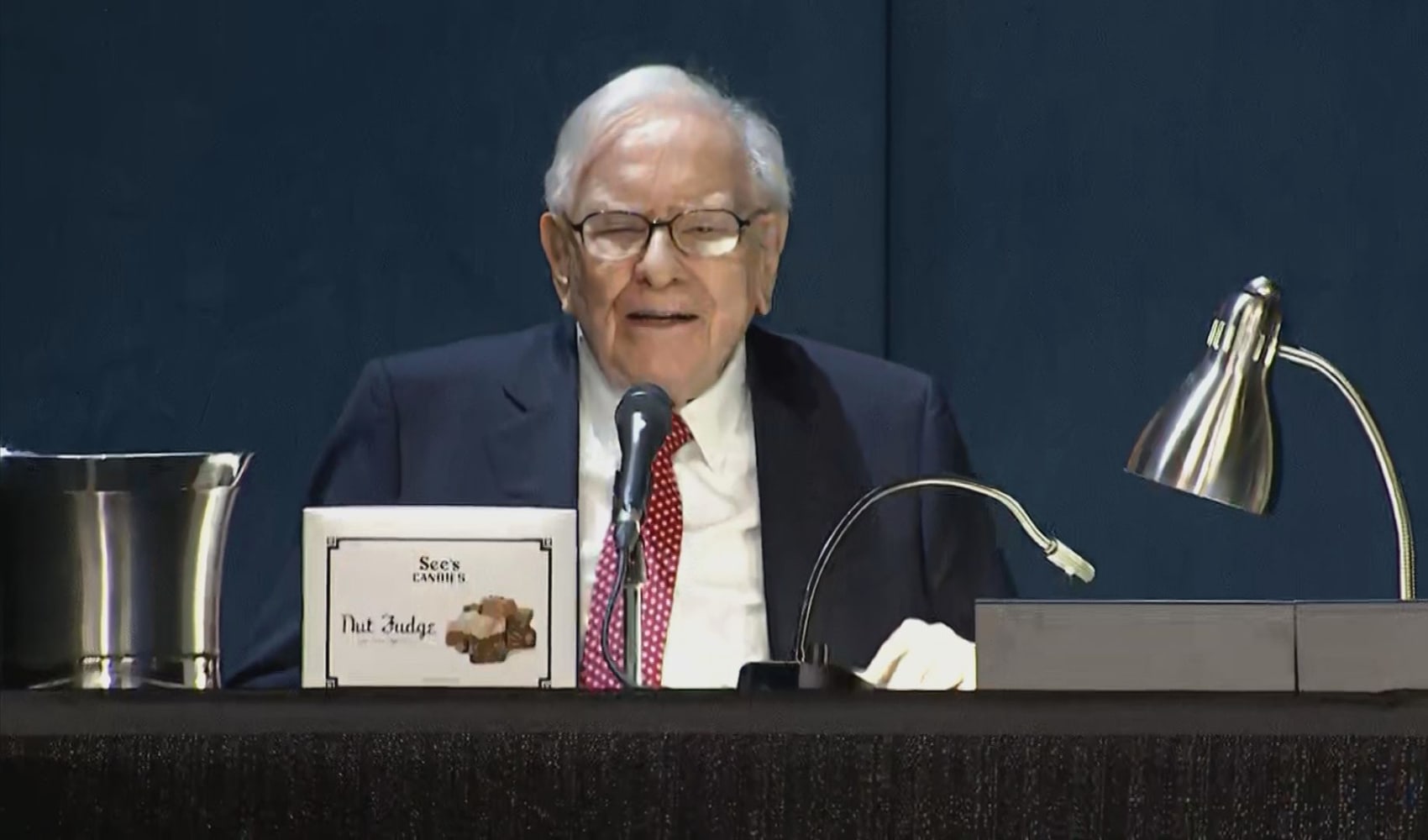
- The Biden administration's new affordable repayment plan, known as SAVE, may be on hold for months or longer due to legal challenges.
- Here's what borrowers should know in the meantime.
The Biden administration's new affordable repayment plan, known as SAVE, may be on hold for months —or longer — amid a slew of legal challenges.
The White House says roughly 8 million people are enrolled in SAVE, or the Saving on a Valuable Education plan.
Here are a few things that borrowers need to know.
Get top local stories in Connecticut delivered to you every morning. Sign up for NBC Connecticut's News Headlines newsletter.
Why the SAVE plan is on hold
The SAVE plan has been a magnet for controversy ever since the Biden administration rolled out the program in the summer of 2023, describing it as "the most affordable student loan plan ever."
Indeed, the terms of the new income-driven repayment plan are the most generous to date.
Money Report
SAVE comes with two key provisions that legal challenges have targeted: It has lower monthly payments more than any other federal student loan repayment plan, and it leads to quicker debt erasure for those with small balances.
Republican-led states that have sued the U.S. Department of Education over SAVE argue that the agency overstepped its authority and essentially is trying to find a roundabout way to forgive student debt after the Supreme Court blocked its sweeping plan in June 2023.
Before the legal challenges, the Education Department had already forgiven $5.5 billion in student debt for 414,000 borrowers through the SAVE plan.
Those who have already received the relief are not impacted by any pause to the plan, experts say.
Payments are not due for now
Federal student loan payments are on pause for the millions of borrowers enrolled in SAVE while the Biden administration defends its relief program in court.
The Education Department has placed these borrowers into a so-called administrative forbearance. During this period, the accrual of interest will also be suspended, as it was during the Covid-era payment pause.
"It is difficult to say how long the forbearance will last," said higher education expert Mark Kantrowitz. "Maybe months or even a year."
More from Personal Finance:
This labor data trend is a 'warning sign'
A 'soft landing' is still on the table
Average consumer now carries $6,329 in credit card debt
Some experts predict the Supreme Court will eventually weigh in on the legality of the plan, which could add to the delays.
No credit toward forgiveness
Unlike during other payment pauses on student loans, months during this forbearance will not count toward borrowers' timeline to loan forgiveness.
That means those enrolled in SAVE who are hoping to eventually get their debt cleared under either the income-driven repayment plan's terms or Public Service Loan Forgiveness are not getting credit for this period in which they're not making payments.
However, borrowers pursuing student loan forgiveness should still explore their options, said Elaine Rubin, director of corporate communications at Edvisors, which helps students navigate college costs and borrowing.
For example, the Education Department offers a so-called buyback option for borrowers working toward PSLF who might have missed payments. That opportunity lets borrowers close to debt forgiveness get credit for previous months by retroactively making payments, Rubin said.
Alternatively, borrowers who don't want to lose credit for the months they spend in this forbearance might consider switching to another income-driven repayment plan, Rubin said.
"However, transitioning between repayment plans may take several months," she said. "Some borrowers have reported that their servicers informed them it could take up to 90 days."
Also, even if they're not moving closer toward debt forgiveness for the time being, SAVE enrollees are benefiting from a $0 monthly payment, Kantrowitz pointed out.
"Borrowers do not lose anything because of the pause, other than time," he added.






